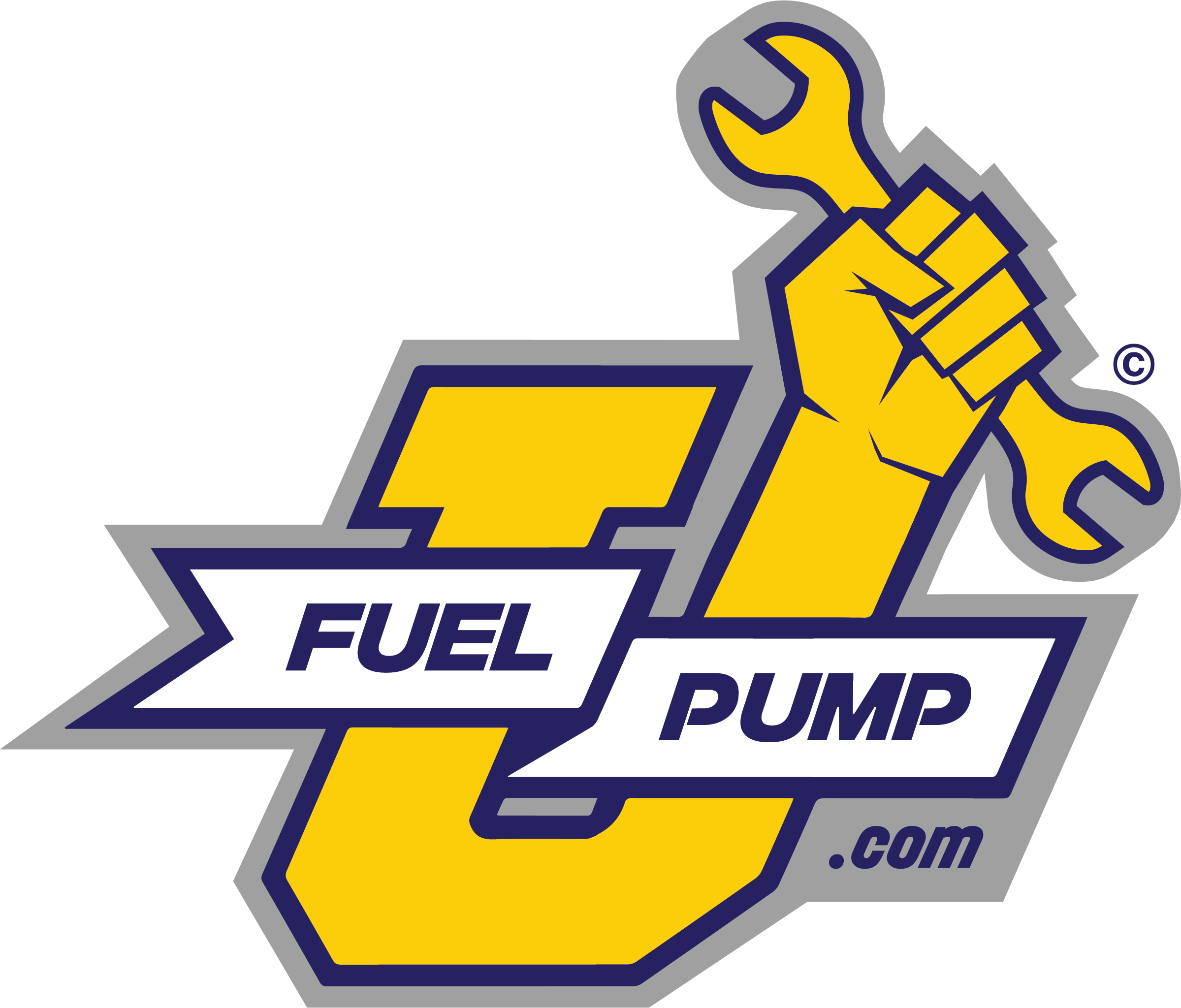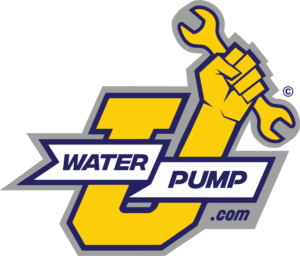Like most automobile owners, you may be wondering what a fuel pump is and why it is important? The fuel pump is an auto component fitted in automobiles to deliver fuel from the fuel tank to the carburetor or fuel injection system that will finally make its way to the car engine. The engine powers the automobile and enables the car to move. Considering the critical role that the fuel pump plays, you have to take care of its health for the smooth running of your vehicle.
With a little awareness and a bit of effort, you can maintain the health of the fuel pump and ensure it lasts a long time. But if you choose to run your car despite the fuel level being too low inside the tank, the pump may deteriorate in performance or get damaged. And it may need to be replaced earlier than the typical life expectancy regardless of how well you drive your vehicle.
Symptoms to look for to determine if your fuel pump needs to be replaced
Faulty fuel pumps display some tell-tale signs, some of the most common ones are
- Sputtering noises from the engine is an early sign that your car’s fuel pump needs to be replaced.
- If the car’s check engine light is illuminated, the time may have come to replace your fuel pump with a new one.
- A significant change in mileage could be a sign of a problematic fuel pump.
Look for a good mechanic to examine your fuel pump
For a typical car owner, it is advisable to not make the final decision on your own without consulting a mechanic. Look for a good technician who can examine the fuel pump and give an accurate assessment. Sometimes you could make a misjudgment and consider replacing a fuel pump due to unrelated issues like a clogged fuel filter or the faulty electrical system of your car. These issues could also cause the same symptoms.
An experienced technician can correctly judge whether your fuel pump needs to be replaced or not. A good technician has honed his skills over the years by repeatedly making these judgements and doing the actual work. This gives them an advantage to make superior decisions and deliver superior work.
Replacement and installation of the new fuel pump
If the replacement is necessary, it is better that the installation should be done by a good technician. If you are DIYer, remember that the fuel pump is a critical component of the car and better to do it on your own only if you are really good with handling this kind of work. Do remember to take time to read the instructions carefully and examine the installation guide before proceeding forward with installing a fuel pump.
Typical process to install the new fuel pump
Below is a typical process to install the fuel pump. The exact steps to be followed and the sequence of steps may vary based on the manufacturer and model of the automobile. The purpose of providing the typical process is to make you understand the complexity of the job. Many DIYers do small tasks like replacing the engine oil, covering up the scratches, or greasing the joints. The DIYers can evaluate if they want to do a more difficult DIY job or if they prefer to let the mechanic handle it. The typical process is outlined below.
- At first, disconnect the negative battery cable and remove the cap to draw the fuel out from the tank.
- Disconnect the electrical and fuel line properly.
- Now support the tank with something suitable, dismount the mounting bolts and lower the tank.
- Disconnect the fuel lines from the pump, dismount the fixing bolts, fix the pump to the fuel tank and take the fuel pump cover out.
- Check the inside of the fuel tank for debris and, if found, clean it off.
- Now gently lower and place the new pump unit into the tank after cleaning the mounting surface with a soft piece of cloth.
- Fix the pump plate mounting bolts properly and don’t forget to place the gasket supplied with the new unit.
- Tighten the bolts to ensure the seal and you are done with the replacement.
Whether you decide to get this job done by a mechanic or you do it yourself is your decision. However, it is important to do this job well since it affects the reliability and performance of your car or truck.


